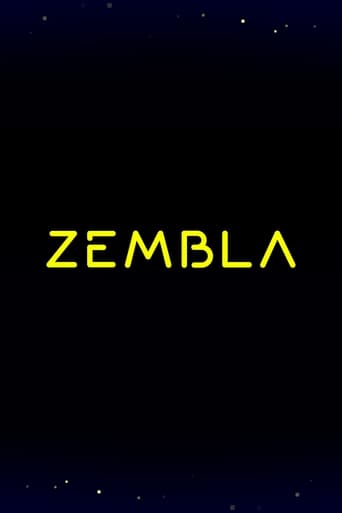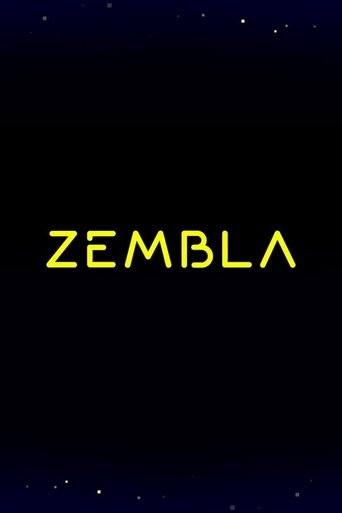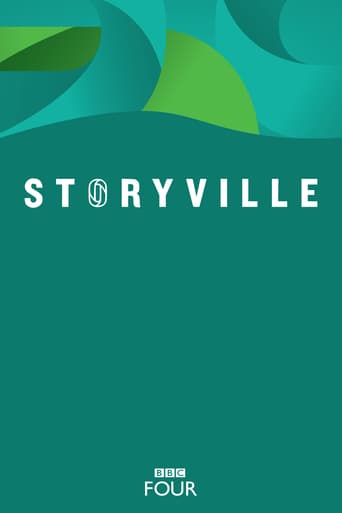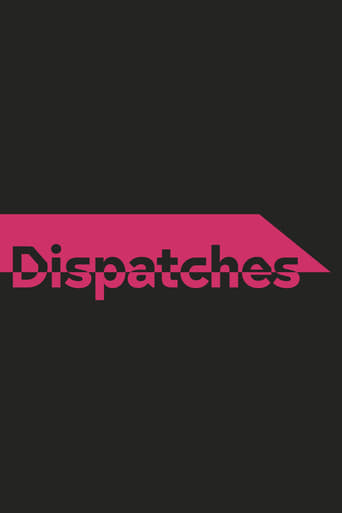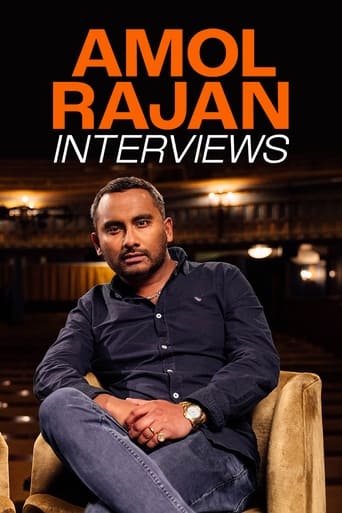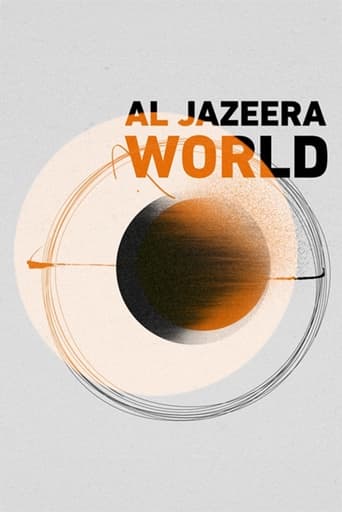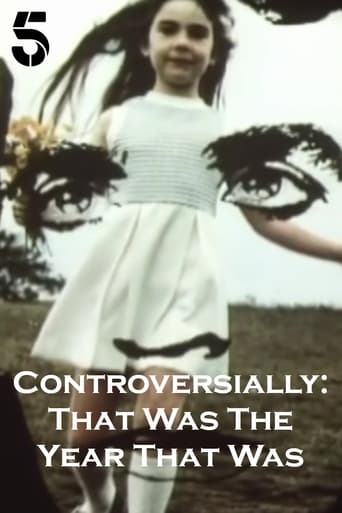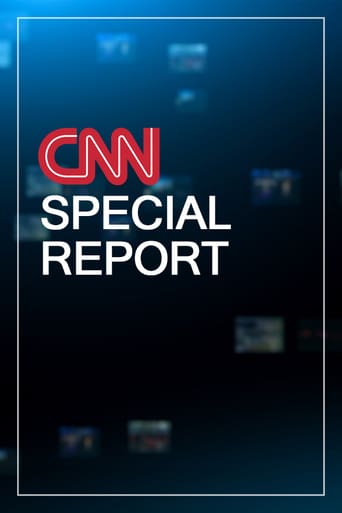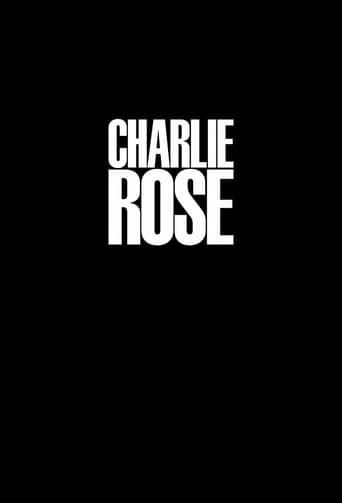Zembla Season 30
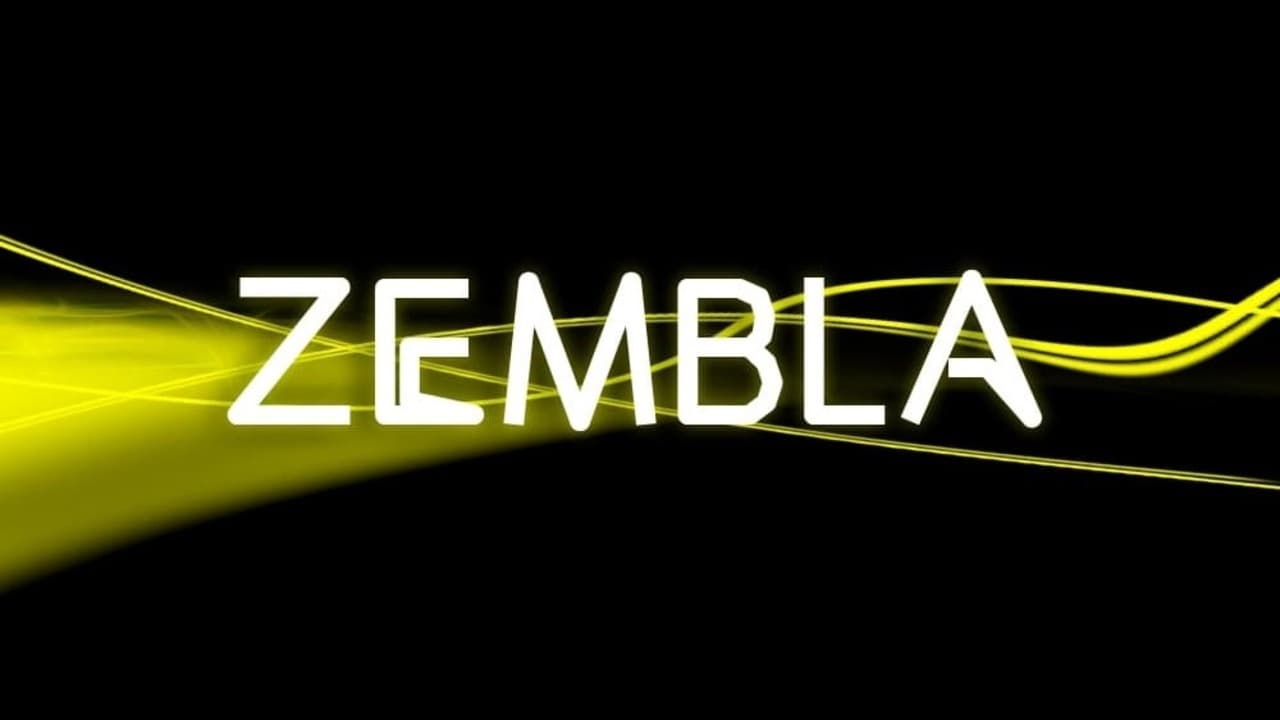
Zembla is a Dutch television documentary programme by VARA and NPS. The documentaries are based on in-depth research which can take months. The subjects are often controversial. A documentary in 2001 about fraud in the Dutch construction sector led to parliamentary inquiries. In May 2006 the programme exposed the fact that politician Ayaan Hirsi Ali had lied in her claim for asylum, which led to her resignation from parliament.
Watch NowWith 30 Day Free Trial!
Zembla
1995
Zembla is a Dutch television documentary programme by VARA and NPS. The documentaries are based on in-depth research which can take months. The subjects are often controversial. A documentary in 2001 about fraud in the Dutch construction sector led to parliamentary inquiries. In May 2006 the programme exposed the fact that politician Ayaan Hirsi Ali had lied in her claim for asylum, which led to her resignation from parliament.
Watch Trailer
With 30 Day Free Trial!
Zembla Season 30 Full Episode Guide
Journalists from Denmark, Germany, Sweden and the Netherlands reveal one of the biggest online frauds: JuicyFields. This platform lured investors with high returns from medicinal cannabis, but disappeared with almost 650 million euros. In part one, Zembla shows how cunning the scam was set up, with a mysterious Dutchman in a leading role. In part two, the international network behind the fraud is exposed. The trail ultimately leads to Russia via a whistleblower within the organization.
From 2020 onwards, large groups of investors will invest in JuicyFields, an online platform that promises high profits on medicinal cannabis. E-growers buy plants from behind their computers and share in the profits after the harvest. The platform attracts a lot of attention with parties and golden sports cars, but in the summer of 2022 panic sets in: JuicyFields disappears and 185,000 investors together lose 645 million euros. In a diptych, Zembla, together with international journalists, investigates how the Netherlands played a prominent role in this large-scale fraud. Where did the loot go and how could the scammers operate undisturbed?
Rusty oil tankers full of Russian oil sail through the North Sea. Their owners and insurance are unclear, even as they transport millions of tons of sanctioned merchandise. Putin's war economy depends on this export, which continues through Dutch waters despite sanctions. Zembla maps this shadow fleet and spends months investigating questionable ship movements. The maritime and ecological risks for the Netherlands and surrounding countries are discussed. Through data research and experts, Zembla follows the oil and money trail and shows how Dutch companies continue to indirectly fill Putin's war chest.
After approval of glyphosate in the pesticide industry in Europe, the controversial weedkiller is being investigated. Scientists' concerns about cancer and Parkinson's disease are discussed. In the United States, chemical giant Bayer is being sued by cancer patients after exposure to glyphosate. Court documents show that the chemical giant continues to keep their profitable products on the market. An American scientist, whose name appears in the European glyphosate dossier, appears to have previously questioned the dangers of diesel smoke and asbestos on behalf of the industry.
Trump has never made it a secret that he plans to take revenge on his opponents during his possible second term. A complete plan is already ready for the implementation of that presidency: the controversial Project 2025. Australian investigative journalists speak to unique sources around Trump and thus outline what awaits the world if he is re-elected. Insiders talk revealingly about his first term in the White House. Fanatical and influential advocates indicate how they will carry out all of Trump's orders and wishes in the future.
Research into intercountry adoption led to revelations of falsified files, large-scale fraud and even the existence of baby farms. In 2021, researchers indicated in a report that they doubted whether an adoption system without abuses could exist. They therefore recommended temporarily stopping adoptions. Minister Weerwind has now decided to permanently end intercountry adoption in the future. Can adoption still be done safely in the meantime? And what is the situation in Bulgaria, where Roma children are more often removed from their homes and put up for adoption due to deep-rooted discrimination?
Zembla receives a tip at the end of 2023. In a drug district in Copenhagen where a gang war is raging, an ATM with a Dutch link has been spotted. In Denmark there are concerns that the ATM could be used for money laundering. International investigation services appear to have been warning about this for some time.
Many farmers say they cannot do without glyphosate. The pesticide is very effective and therefore the most used weed killer in the world. But how safe is glyphosate? Scientists who examined the pesticide on behalf of the World Health Organization concluded that it is probably carcinogenic to humans. However, its use has recently been permitted again for 10 years by the European and national pesticide authorities. How is it possible that different independent scientists come to a different conclusion than the admission authorities? Zembla is investigating the approval of the poison.
Every year, millions of Peking ducks are slaughtered at the duck slaughterhouse in Ermelo, a slaughterhouse that is part of a headache file for the Gelderland municipality: odor nuisance, haggling over permits and ducks that suffer needlessly during the slaughter process. Animal welfare organizations also monitor duck farms. There too, the natural needs of ducks are not met. Traditionally, there have been duck farms mainly in Gelderland, partly along the Veluwe. What does the ammonia emission from the ducks mean for the province's nitrogen policy?
The fire brigade responds hundreds of times a day to incidents: entrapments in traffic accidents, drownings, suicides and many resuscitations. The almost daily confrontation with death is a psychological wear and tear for firefighters, which can lead to post-traumatic stress disorder. As early as 2015, the Dutch fire brigade top promised to conduct research and made plans to better support firefighters. What became of these plans?
What is the position of migrant workers in the Netherlands? The research into the answer to this question started last summer in Boxtel, Brabant. There, angry citizens are diametrically opposed to their municipal council, because a migrant hotel for 400 migrant workers is planned on the edge of the village. The civil protest is increasing and the migrant workers themselves appear to be living and working under dubious conditions a few neighborhoods away. The situation is symbolic for many municipalities in the Netherlands. There are calls for a change of course, but which interests have ensured that the call for change has been ignored for years?
Free Trial Channels
Seasons


